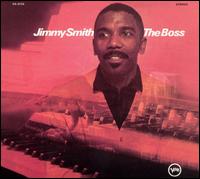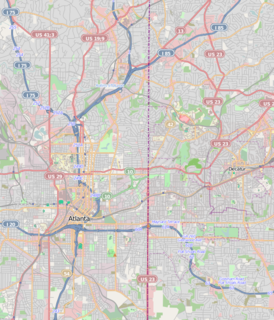
Grant Green was an American jazz guitarist and composer.
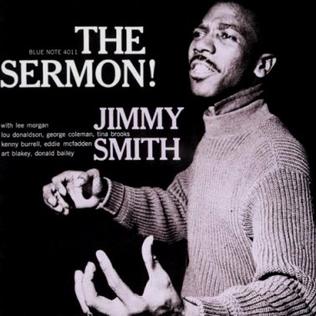
The Sermon! is a 1959 album by jazz organist Jimmy Smith. It was produced by the Blue Note record label, and was Smith's fifteenth album in three years. Allmusic's Lindsay Planer described the album as "a prime example of Smith and company's myriad of talents".

Eugene McDuff, known professionally as "Brother" Jack McDuff or "Captain" Jack McDuff, was an American jazz organist and organ trio bandleader who was most prominent during the hard bop and soul jazz era of the 1960s, often performing with an organ trio. He is also credited with giving guitarist George Benson his first break.
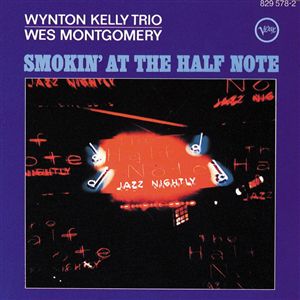
Smokin' at the Half Note is an album by Wes Montgomery and the Wynton Kelly Trio that was released in 1965. It was recorded live in June 1965 at the Half Note Club in New York City and September 22, 1965 at Van Gelder Studios in Englewood Cliffs, New Jersey. The album combines guitarist Montgomery with the Miles Davis rhythm section from 1959–1963 of Wynton Kelly, Paul Chambers, and Jimmy Cobb. The album's versions of "Unit 7" and "Four on Six" have helped to establish these songs as jazz standards.

James Wesley "Red" Holloway was an American jazz saxophonist.
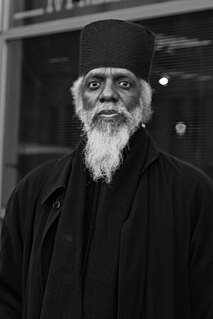
Lonnie Smith, styled Dr. Lonnie Smith, is an American jazz Hammond B3 organist who was a member of the George Benson quartet in the 1960s. He recorded albums with saxophonist Lou Donaldson for Blue Note before being signed as a solo act. He owns the label Pilgrimage.
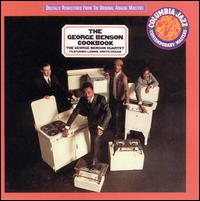
The George Benson Cookbook is the third studio album by jazz/soul guitarist George Benson, and the second to be produced by John Hammond.
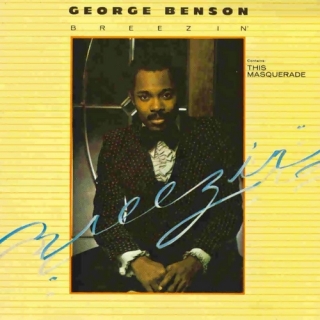
Breezin' is a studio album by jazz/soul guitarist George Benson. It is his debut on Warner Bros. Records.

Give Me The Night is a 1980 album recorded and released by American jazz guitarist and singer George Benson.

Alligator Bogaloo is an album by jazz saxophonist Lou Donaldson recorded for the Blue Note label in 1967 and featuring Donaldson with Melvin Lastie, Lonnie Smith, George Benson, and Leo Morris.

Midnight Creeper is an album by jazz saxophonist Lou Donaldson recorded for the Blue Note label in 1968 and featuring Donaldson with Blue Mitchell, Lonnie Smith, George Benson, and Leo Morris.

Straight Ahead is an album by jazz saxophonist Stanley Turrentine, his first recording for the Blue Note label since Another Story in 1969, featuring four performances by Turrentine with Jimmy Smith, George Benson, Ron Carter and Jimmy Madison, and two tracks with Les McCann, Jimmy Ponder, Peter Brown, and Gerrick King.

Sugar is an album by jazz saxophonist Stanley Turrentine, his first recorded for the CTI Records label following his long association with Blue Note, featuring performances by Turrentine with Freddie Hubbard, George Benson, Ron Carter, and Billy Kaye with Lonnie Liston Smith added on the title track and Butch Cornell and Richard "Pablo" Landrum on the other two tracks on the original release. The CD rerelease added a live version of the title track recorded at the Hollywood Palladium in 1971.

Beyond the Blue Horizon is a 1971 studio album by American guitarist George Benson. It was his first album released on CTI Records. Here Benson played with organist Clarence Palmer, drummer Jack DeJohnette, bassist Ron Carter and percussionists Michael Cameron and Albert Nicholson.

The New Boss Guitar of George Benson is the debut studio album by American jazz/soul guitarist George Benson.

It's Uptown is the second studio album by jazz/soul guitarist George Benson.
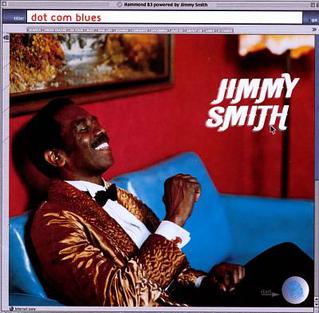
Dot Com Blues is a 2001 album by the American jazz organist Jimmy Smith. The album was Smith's first recording for five years, and features guest appearances by B.B. King and Etta James.

Any Number Can Win is an album by American jazz organist Jimmy Smith, arranged by Billy Byers and Claus Ogerman.
